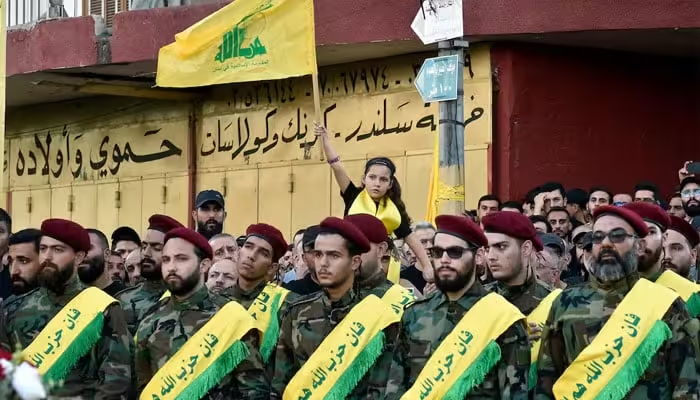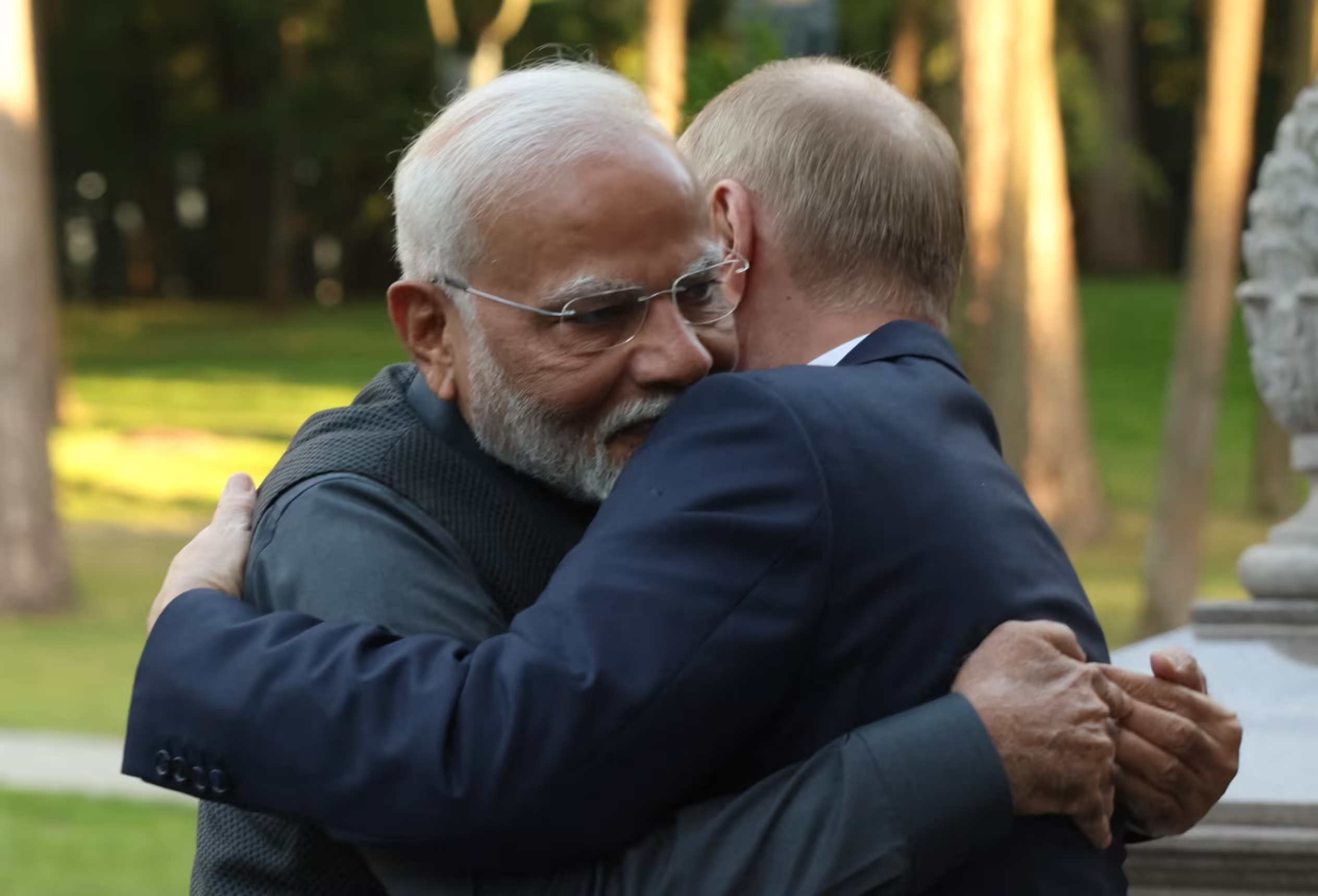Hezbollah is a Lebanese resistance organization that has grown into a significant political party with a formidable militia and a notable presence in the Lebanese parliament. Over the years, Hezbollah has become an influential player in Lebanon, deeply intertwined with the country’s politics, military resistance, and social services. Its origin and evolution are closely tied to Lebanon’s history of conflict and its ongoing struggles with Israel, making Hezbollah a key actor in both national and regional geopolitics.
Origins of Hezbollah
The roots of Hezbollah can be traced back to the Lebanese Civil War, which ravaged the country between 1975 and 1990. During this turbulent period, various factions and militias emerged, each representing different ethnic and religious groups vying for control and influence. Hezbollah was founded in the early 1980s, as a Shia resistance group with the primary aim of resisting the Israeli invasion of Lebanon.
In 1982, Israel invaded southern Lebanon and occupied various parts of the country. In response, Hezbollah emerged as a militant group dedicated to expelling Israeli forces from Lebanese soil. Over time, Hezbollah grew into the most powerful organization in Lebanon, gaining support from Iran and Syria, both of which provided financial aid, military training, and weapons.
Hezbollah’s Political Role
Hezbollah’s formal political journey began in 1985 when it officially announced its establishment as both a resistance movement and a political party. The group entered the Lebanese political arena in 1992, following the end of the civil war, when Lebanon held its first post-war elections. Hezbollah participated in these elections and secured eight seats in the 128-member Lebanese Parliament, marking its entry into parliamentary politics.
Since the 1990s, Hezbollah has remained a significant part of Lebanon’s electoral process. Through alliances with other political factions, Hezbollah and its partners currently hold 62 seats in the Lebanese Assembly. This gives the group substantial influence in Lebanese politics, enabling it to shape policies and exert control over key government decisions.
The 2006 Hezbollah-Israel War
Hezbollah’s confrontation with Israel reached a peak in 2006, in what became known as the Lebanon-Israel War or the 2006 Hezbollah-Israel War. The conflict began when Hezbollah fighters attacked Israeli positions along the Lebanese-Israeli border, killing three Israeli soldiers and capturing two. In retaliation, Israel launched a full-scale military offensive against Lebanon, which lasted 34 days.
The war resulted in significant loss of life and widespread destruction. According to reports, around 1,200 Lebanese civilians were killed, with over 4,000 injured. On the Israeli side, 158 soldiers and civilians lost their lives. The conflict left southern Lebanon in ruins, and thousands of people were displaced. Despite the devastation, Hezbollah emerged from the war claiming victory for its resistance against Israel, further solidifying its position as a dominant force in Lebanon.
Hezbollah’s Military Strength
Hezbollah’s military capabilities are often described as one of the strongest among non-state actors worldwide. It has a highly trained militia, reportedly numbering in the tens of thousands. According to some estimates, Hezbollah claims to have up to 100,000 fighters, although independent sources suggest the number is closer to 20,000 to 50,000.
In addition to its manpower, Hezbollah possesses a vast arsenal of weapons, including rockets, missiles, and anti-aircraft and anti-ship systems. The Center for Strategic and International Studies estimates that Hezbollah has between 120,000 and 200,000 rockets and missiles, which it uses to defend Lebanon and deter Israeli aggression. This vast stockpile of weapons makes Hezbollah a formidable opponent, capable of inflicting significant damage in any future conflict with Israel.
Hezbollah’s Welfare Institutions
Hezbollah’s influence extends beyond its military and political presence. It also runs an extensive network of welfare services that provide vital support to Lebanon’s Shia community. These services include schools, hospitals, religious centers, and cultural institutions. Hezbollah’s welfare network employs thousands of people and plays a crucial role in providing education, healthcare, and social assistance to those in need.
This combination of military prowess, political influence, and social services has allowed Hezbollah to maintain its grip on power in Lebanon. By offering essential services to the population, Hezbollah garners loyalty and support from the Lebanese Shia community, further strengthening its position within the country.
Hezbollah and the Gaza War
In recent years, Hezbollah has also been involved in supporting Palestinian groups in their conflict with Israel. During the Gaza War, which escalated in October of last year, Hezbollah launched attacks on northern Israel in retaliation for Israeli strikes on Gaza. This led to an exchange of rockets and missiles between Hezbollah and Israeli forces. The ongoing tensions have displaced thousands of people from both Lebanon and Israel, as the conflict between Hezbollah and Israel continues to simmer.
The situation escalated further in August of this year when Israeli forces killed senior Hezbollah commander Fawad Shukar in an airstrike. In response, Hezbollah intensified its attacks on Israeli positions, leading to a new wave of violence. As of early September, Hezbollah had launched additional rocket attacks on northern Israel, while Israel retaliated with airstrikes on southern Lebanon. The death toll continues to rise, with more than 1,000 Lebanese reported dead and over 6,000 injured as of the latest reports.
Hezbollah remains a powerful force in Lebanon, shaping the country’s political, military, and social landscape. With its origins as a resistance movement against Israeli occupation, Hezbollah has grown into a key political player with a vast militia and an extensive network of welfare services. Its role in the 2006 war with Israel and its ongoing confrontations along the border with Israel demonstrate Hezbollah’s significant military capabilities. Meanwhile, its involvement in Lebanese politics and its social service programs ensure that it remains an influential actor in shaping Lebanon’s future.



